Nombre:
Puerto de Kitakyushu
Otro:
Localización:
View Larger Map
Tipo: Puertos
Categoría: Moji Port, HIBIKI Container Terminal, Tachinoura Container Terminal
Foto:
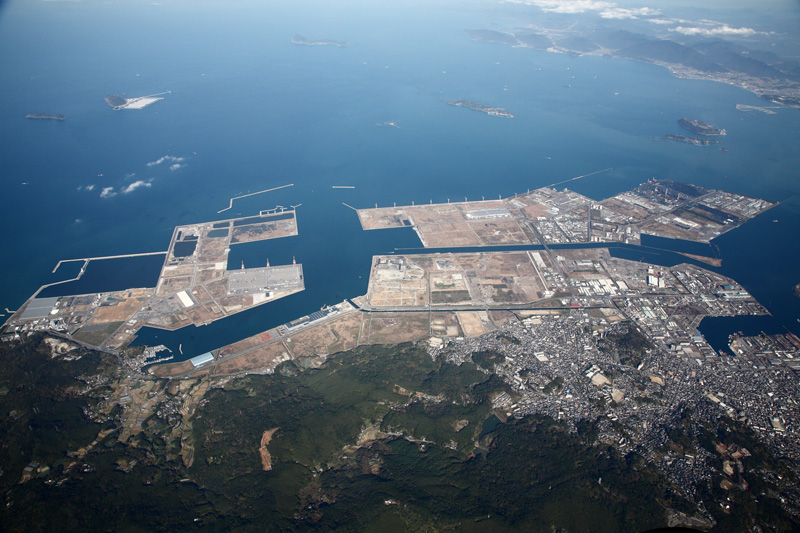
Voto:
Continente: Asia
País: Japón
Localización: Kitakyushu
Año:
Estado: Terminado
Descripción:El Puerto de Mojiko era uno de los puertos de comunicación más importantes de la isla de Kyushu, ya que era el más cercano a la isla principal (Honshu), lo que lo convertían en paso obligado para la circulación del comercio entre las islas. Actualmente hay un túnel que permite que los trenes y los coches atraviesen el estrecho y ha perdido su importancia. Pero, a nivel turismo, merece darse una vuelta por la zona:
La estación de Mojiko es de las más antiguas de la isla y es una mini réplica de la antigua Estación de Termini de Roma, el lugar tuvo mucha influencia Europea y se puede ver en la arquitectura de los edificios.
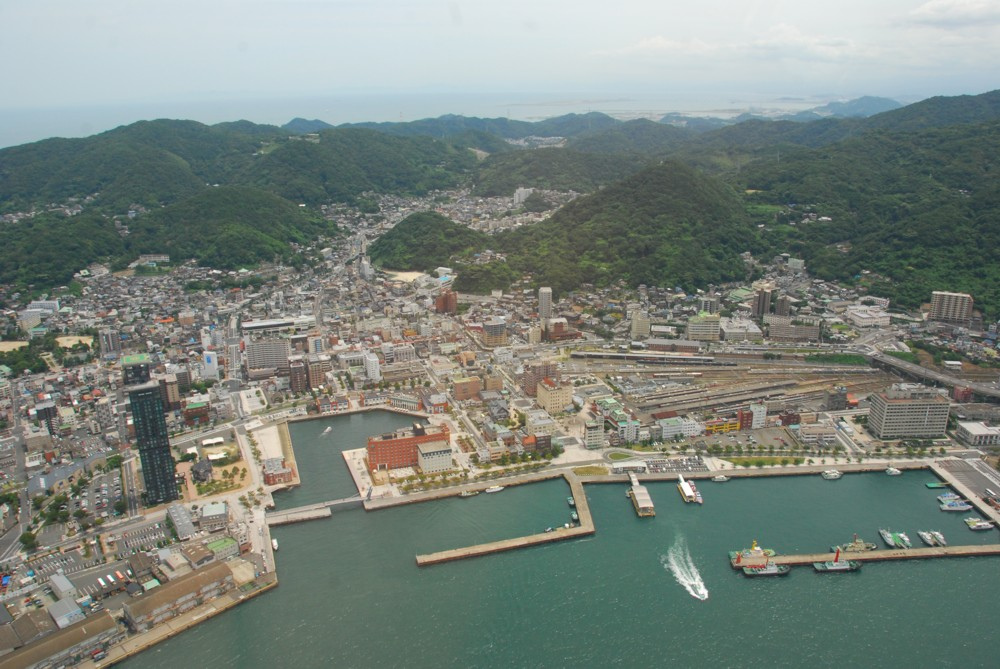
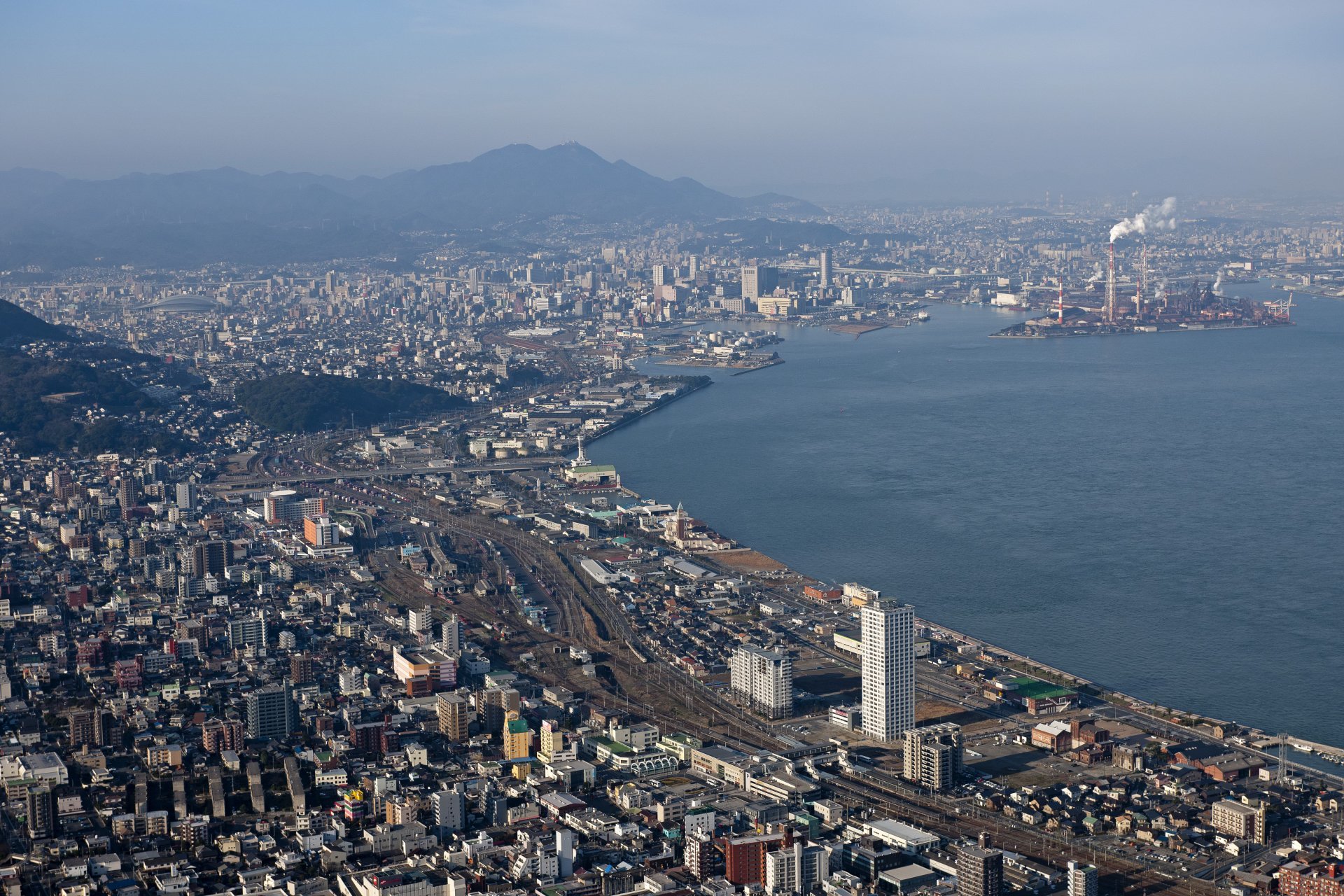
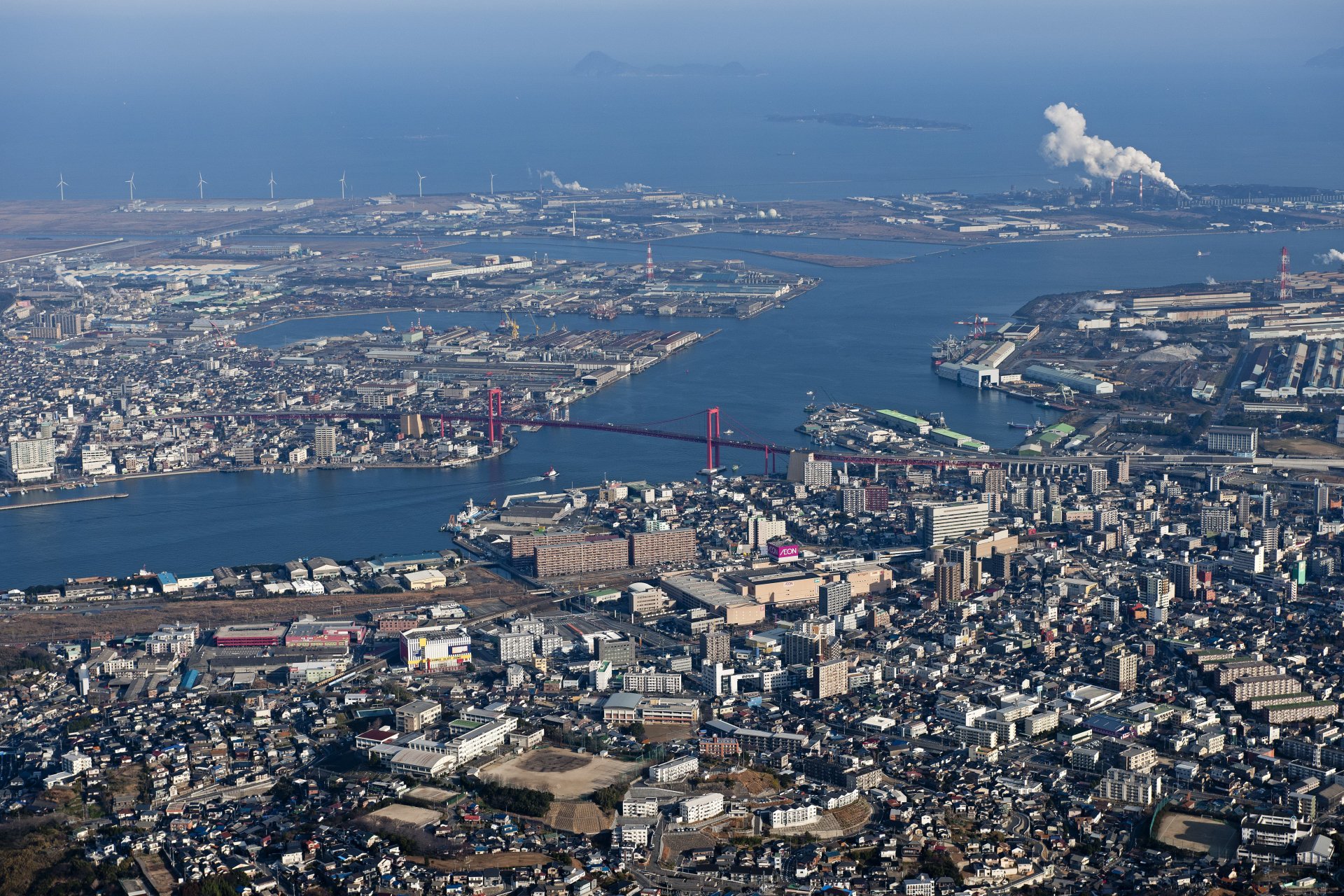
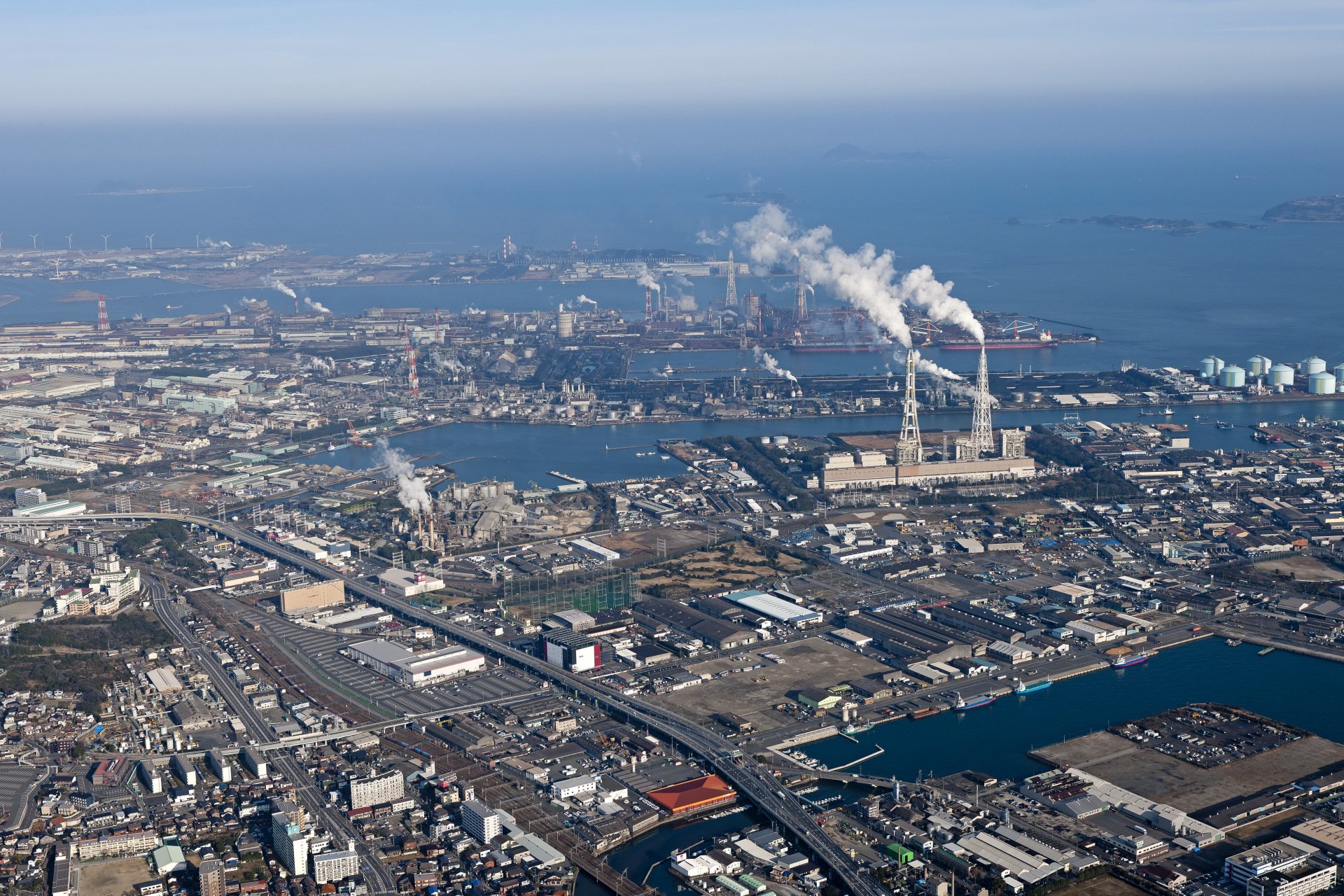
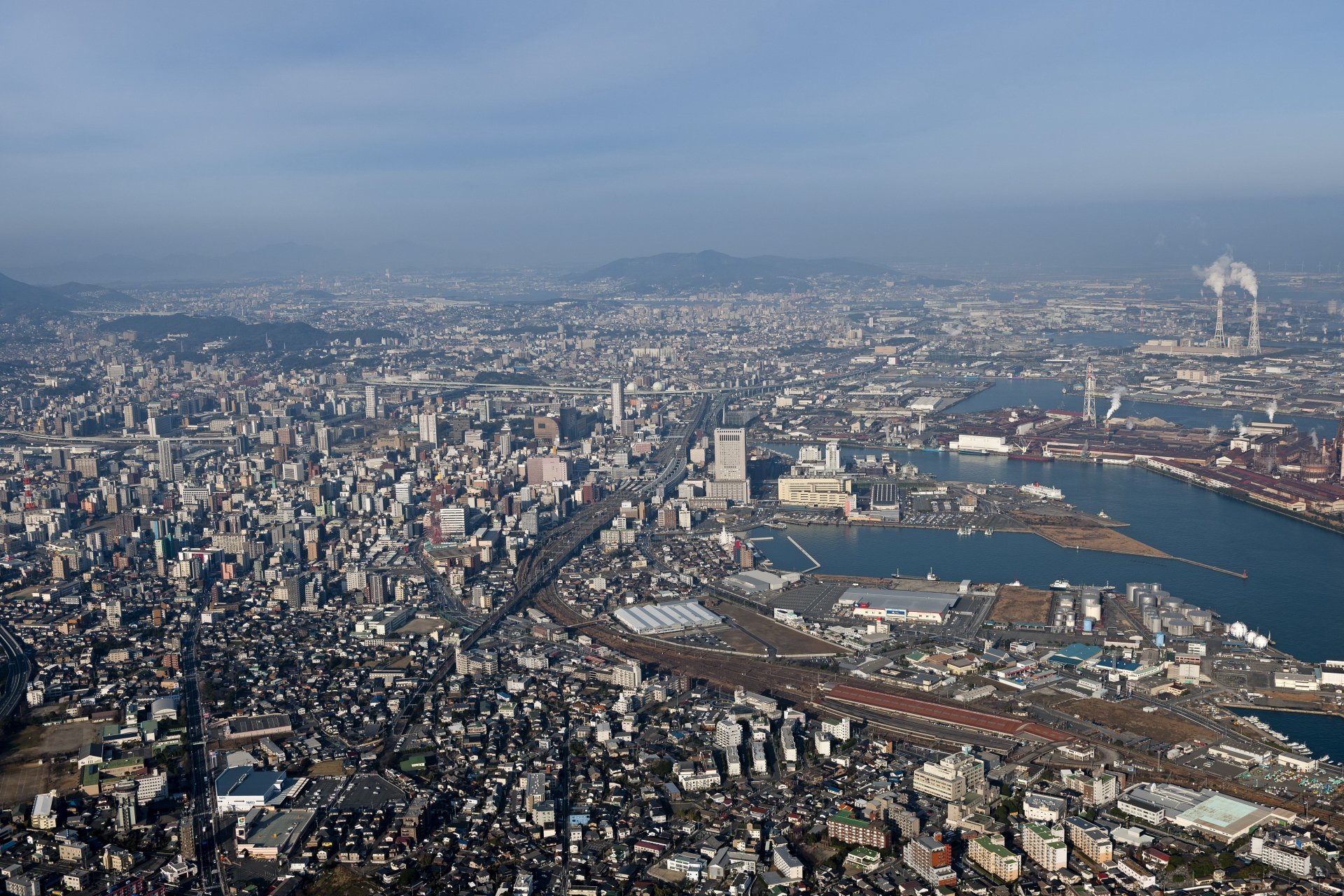
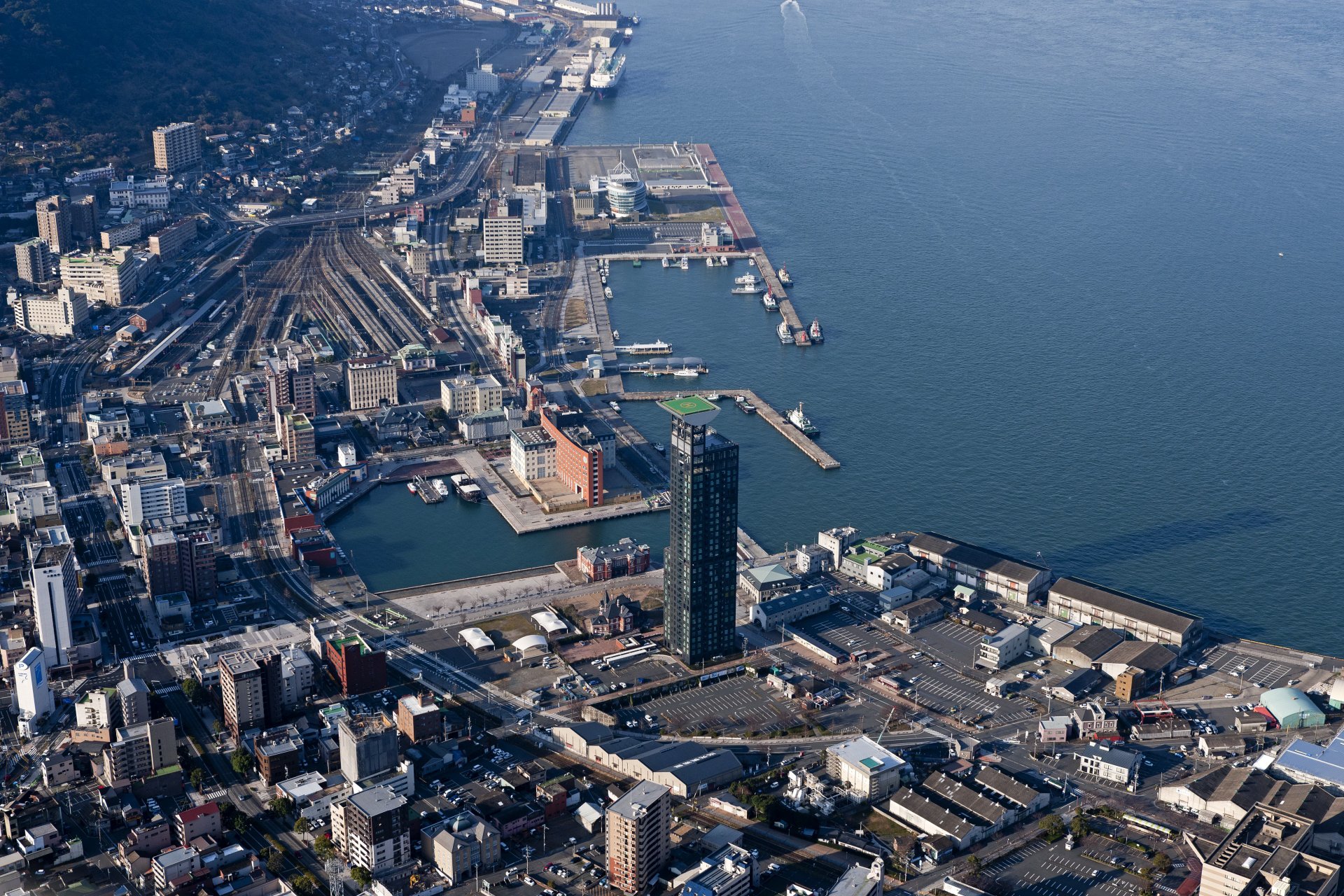
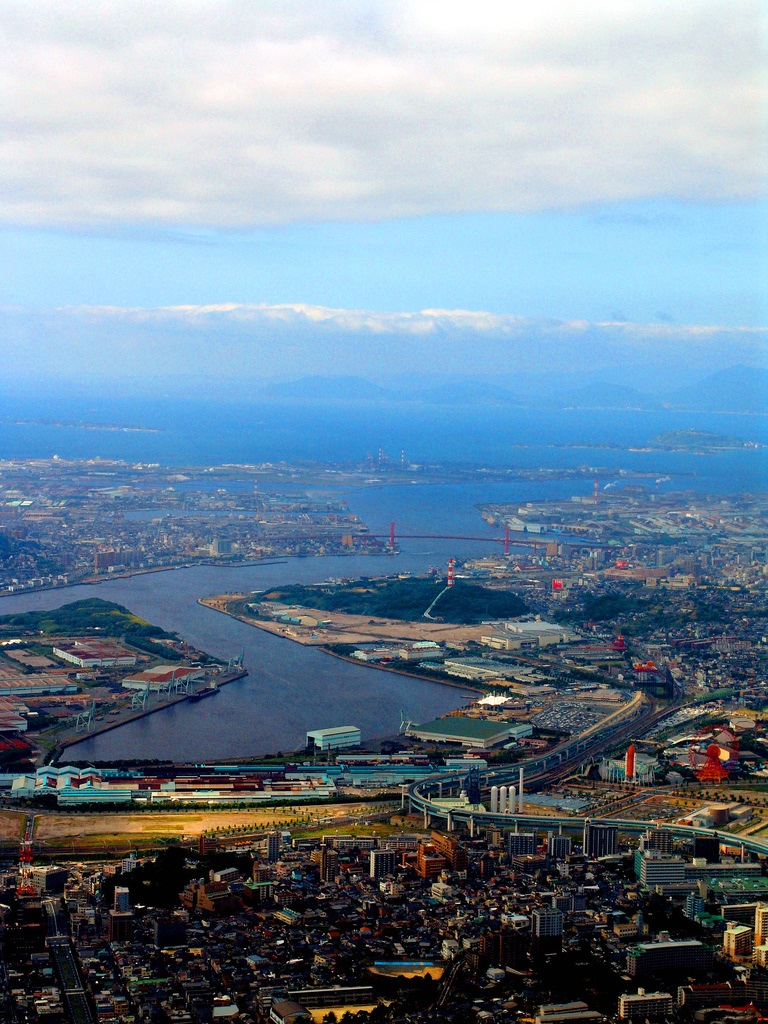
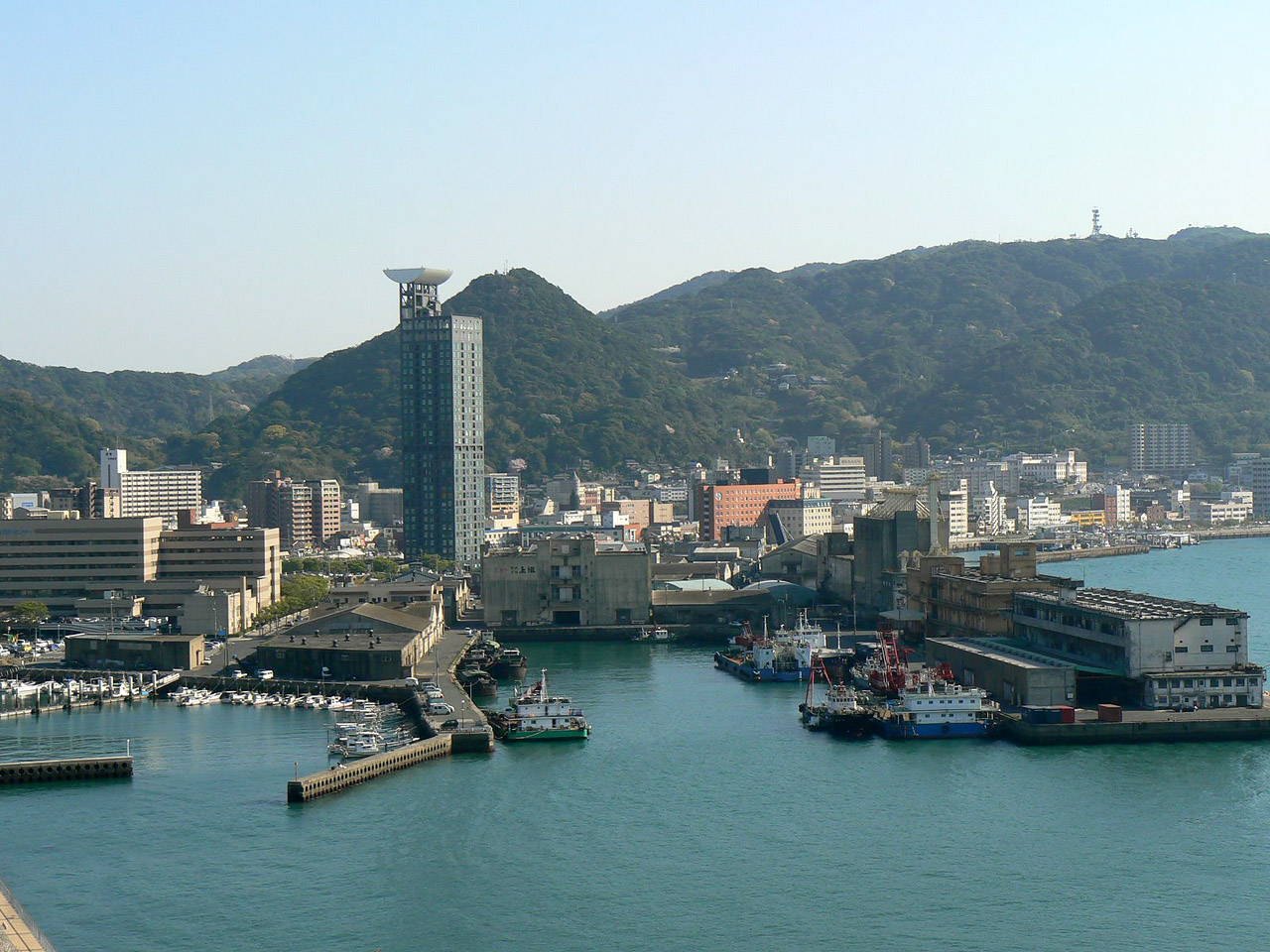
Por otro lado, este puerto era (antiguamente) uno de los puntos principales del paso de bananas desde Okinawa y el sudeste asiático a Japón, por lo que muchos se dedicaban a este producto. Como recuerdo del cual, la mascota del puerto se llama "banana-man".
http://www.minube.com/rincon/puerto-de-mojiko-a117430
Kitakyushu, Japan and Norfolk, VA have have been affiliated since 1959. The affiliation began with Moji, one of the five towns that merged in 1963 to form the present-day Kitakyushu. Located in northern Kyushu, Japan’s southernmost island, this city of over 1,000,000 is a commercial port and industrial center situated halfway between Tokyo and Shanghai. It is surrounded by beautiful mountain regions where ancient crafts of pottery, weaving and glass work are still practiced today. Kitakyushu boasts numerous museums, universities, and parks.
http://www.norfolksistercities.org/sister-cities/kitakyushu-japan/
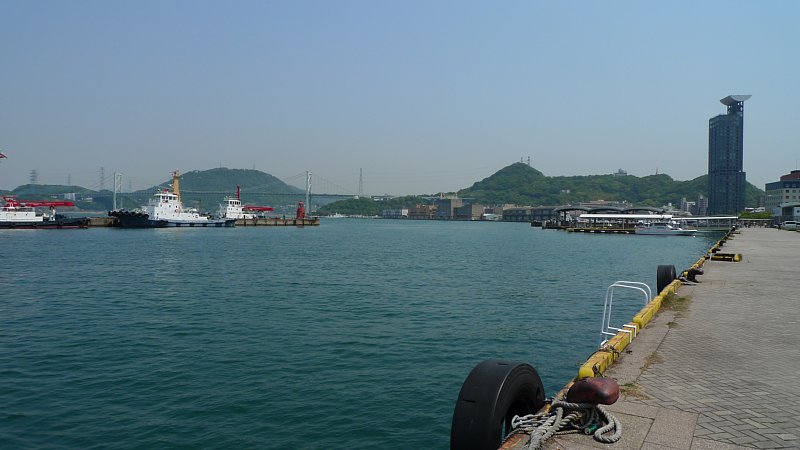
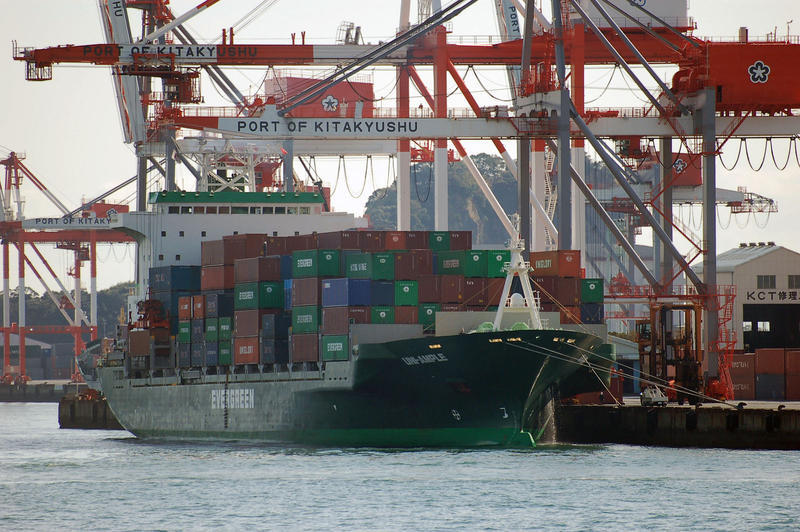
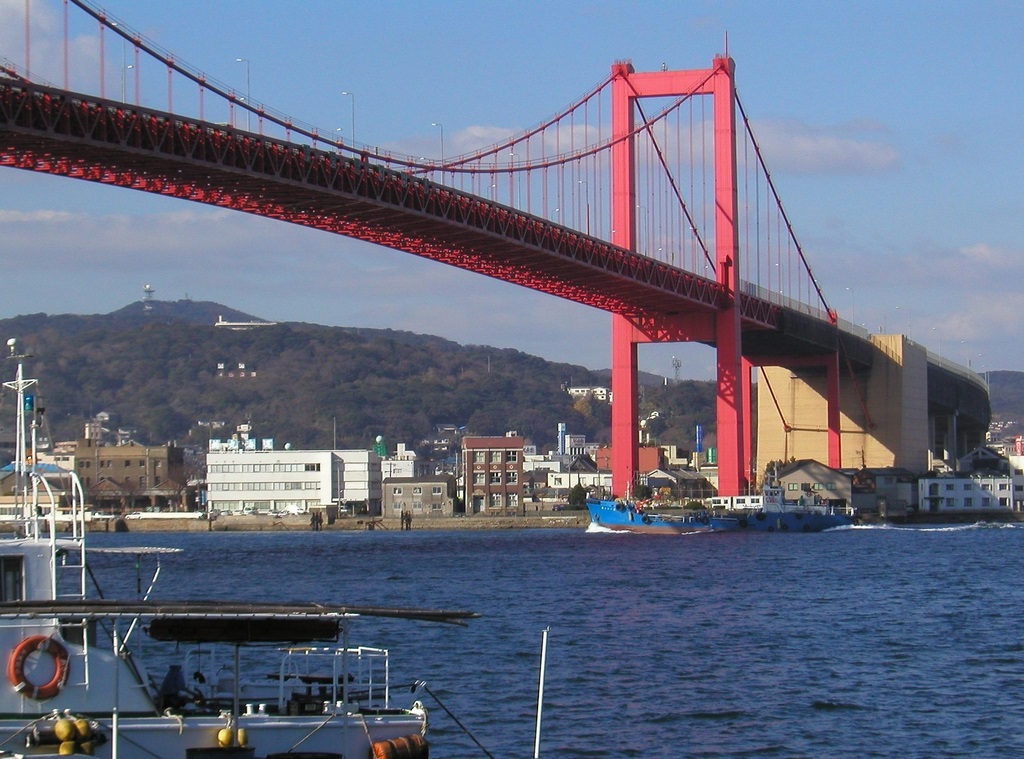
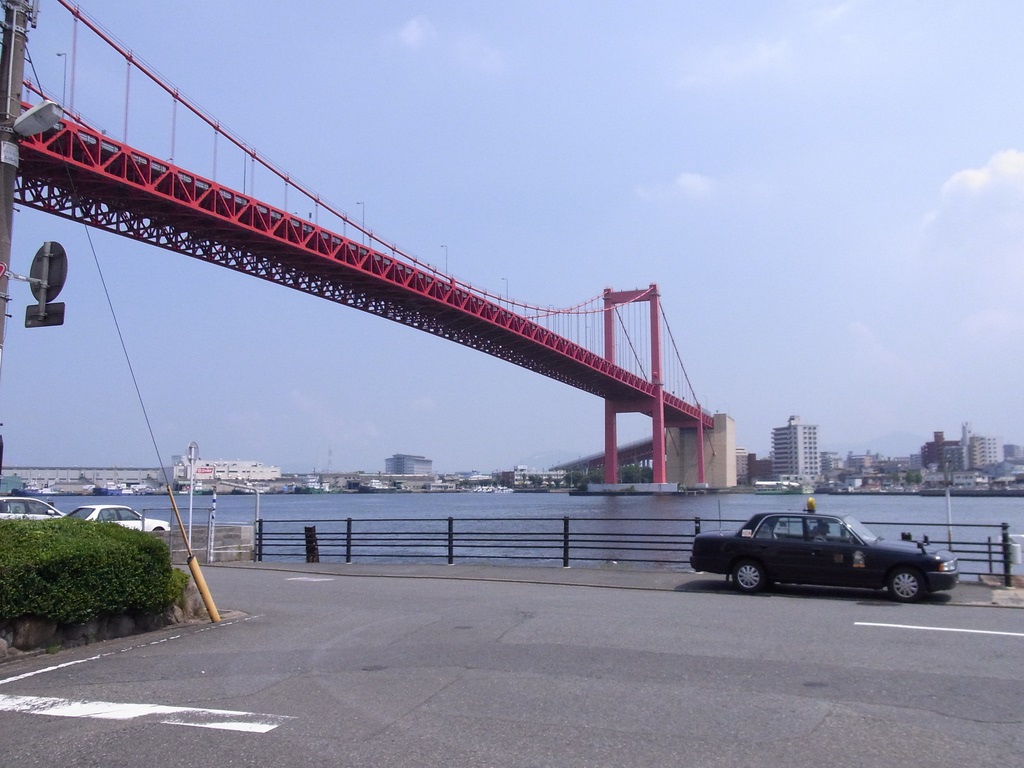
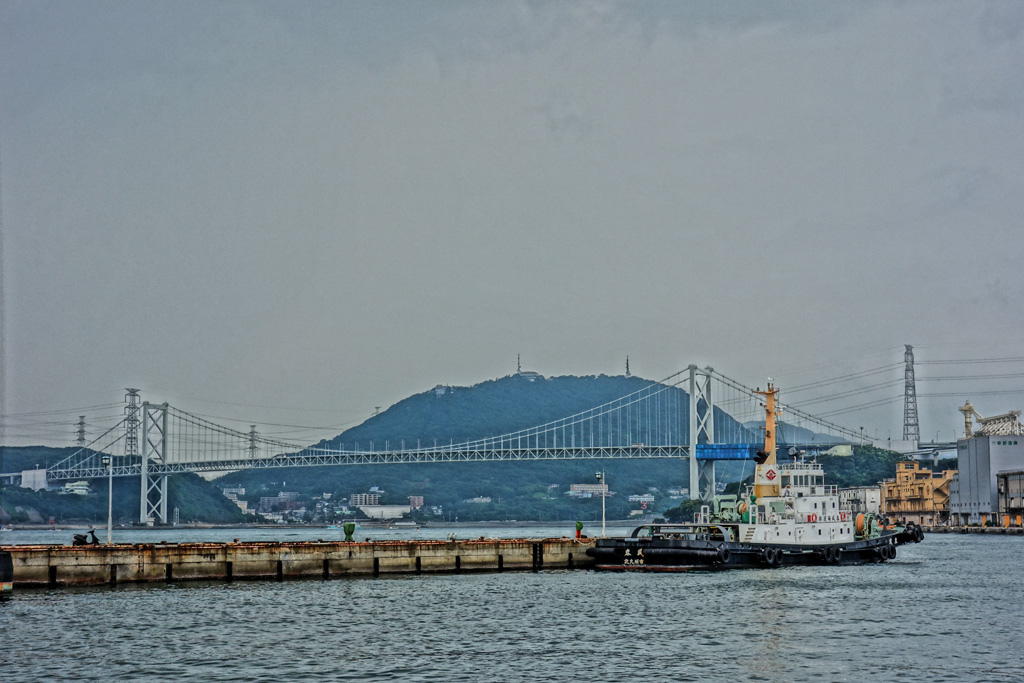
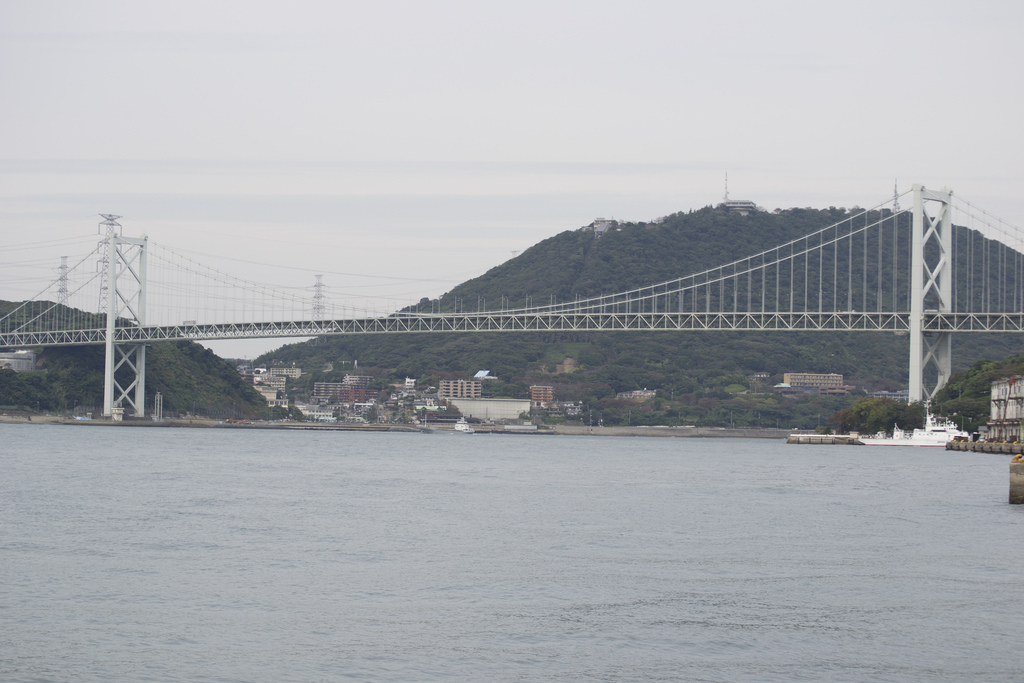
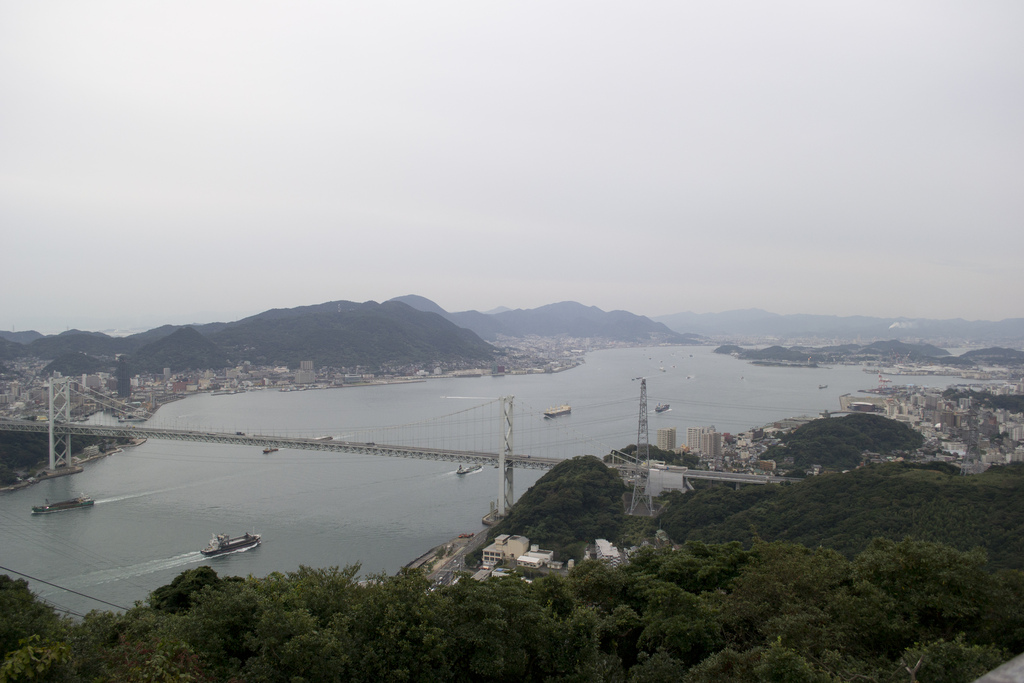
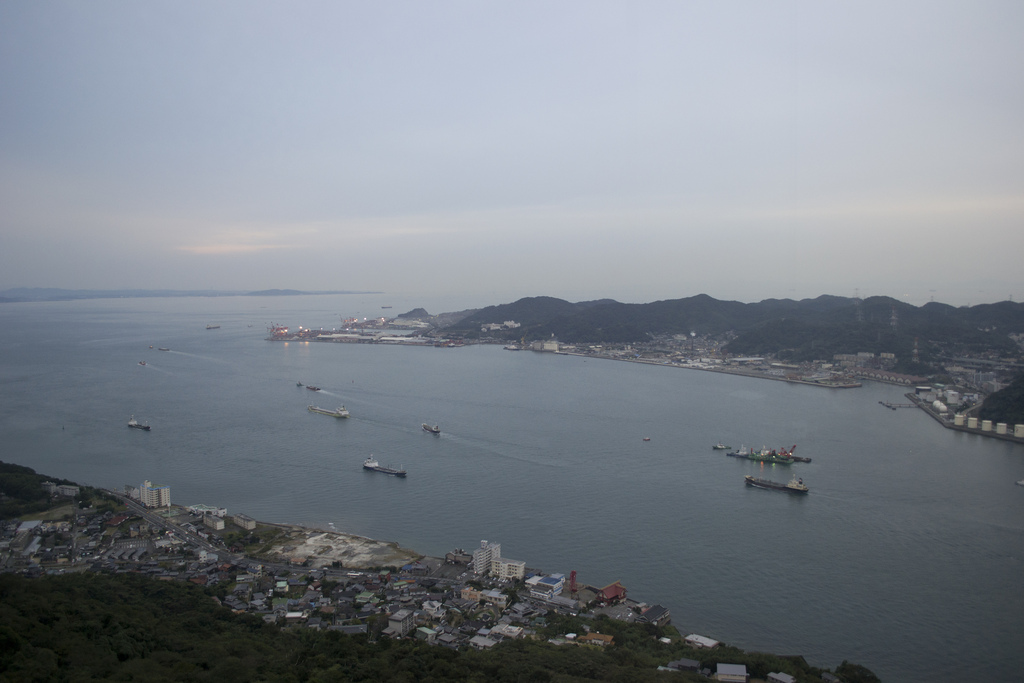
Kitakyushu City: Moji Port and Kokura
Yesterday, Luke and I headed up to Kitakyushu City for some sightseeing and shopping. Kitakyushu is about 40 minutes north of my house by train and is the 2nd largest city in Kyushu with just under 1 million inhabitants. The Kitakyushu City actually used to be comprised of several different cities and towns that were merged together as one city in the 1960′s, so it is quite big and sprawling.
Moji Port was once an important port for foreign trade in Japan. A few significant Meiji-era buildings remain, and today, Moji Port is a touristy area with lots of shops and art galleries. It is also the northernmost point in Kyushu, separated from Honshu, the largest island in the Japanese archipelago by the Kanmon Straits. According to our rickshaw guide, between 900-1000 ships pass through the Straits every day. In the 12th Century, the Straits were the site of the Battle of Dan-no-ura, the naval battle that decided the outcome of the Gempei War, after which the first shogunate was established in Japan. Across the narrow Kanmon Straits from Moji is Shimonoseki, a medium-sized city of 300,000 inhabitants on the southern tip of Honshu where the Treaty of Shimonoseki was signed in 1895, where the Qing Dynasty of China ceded sovereignty of Taiwan to the Japanese Empire after the Chinese defeat in the first Sino-Japanese War.
The infamous fugu or poisonous pufferfish is also a famous product from this area. There are plenty of omiyage (souvenir) shops in the area that sell fugu-related merchandise. Despite the potential of death by neurotoxin, the risk is next to nothing these days. Farmed fugu has much less toxins than their wild cousins, and the preparation and cleaning of the fish is performed by specially licensed chefs. The few fugu-related deaths that occur each year usually involve old fishermen who overdose on fugu neurotoxin. Apparently, small amounts of the toxin can result in a recreational “high.”
Kokura is an ancient feudal castle town that is considered to be the “downtown” of sprawling Kitakyushu City. Like most castle towns in Japan (including Nakatsu, where I live), the original castle is no longer there, but there is a 1960′s reconstruction of the original castle at the site. It has had a bad reputation of being a dirty, industrial city with a large yakuza presence. However, Kokura has cleaned up its act in recent years. It is still quite industrial, but the river running through it has been significantly cleaned up and there has been some quite interesting development projects like the massive Riverwalk Mall. Kokura was the original target for the “Fat Man” atomic bomb in August 1945, but there was thick cloud cover over the city, so the pilot of the bomber plane was instructed to drop the bomb on Nagasaki instead.
L.S. and Luke in a rickshaw (below), outside of the Meiji-era Italian-inspired Moji Port Train Station. The station has been visited by several Japanese emperors and the second floor once housed the first French restaurant in Kyushu.
L.S. and Bananaman, Moji Port (below). Moji is famous for bananas because during the Japanese colonial occupation of Taiwan, Taiwanese bananas were unloaded in Moji Port and auctioned off.used the first French restaurant in Kyushu.
http://www.japantravelinfo.com/blog/kitakyushu-city-moji-port-and-kokura/


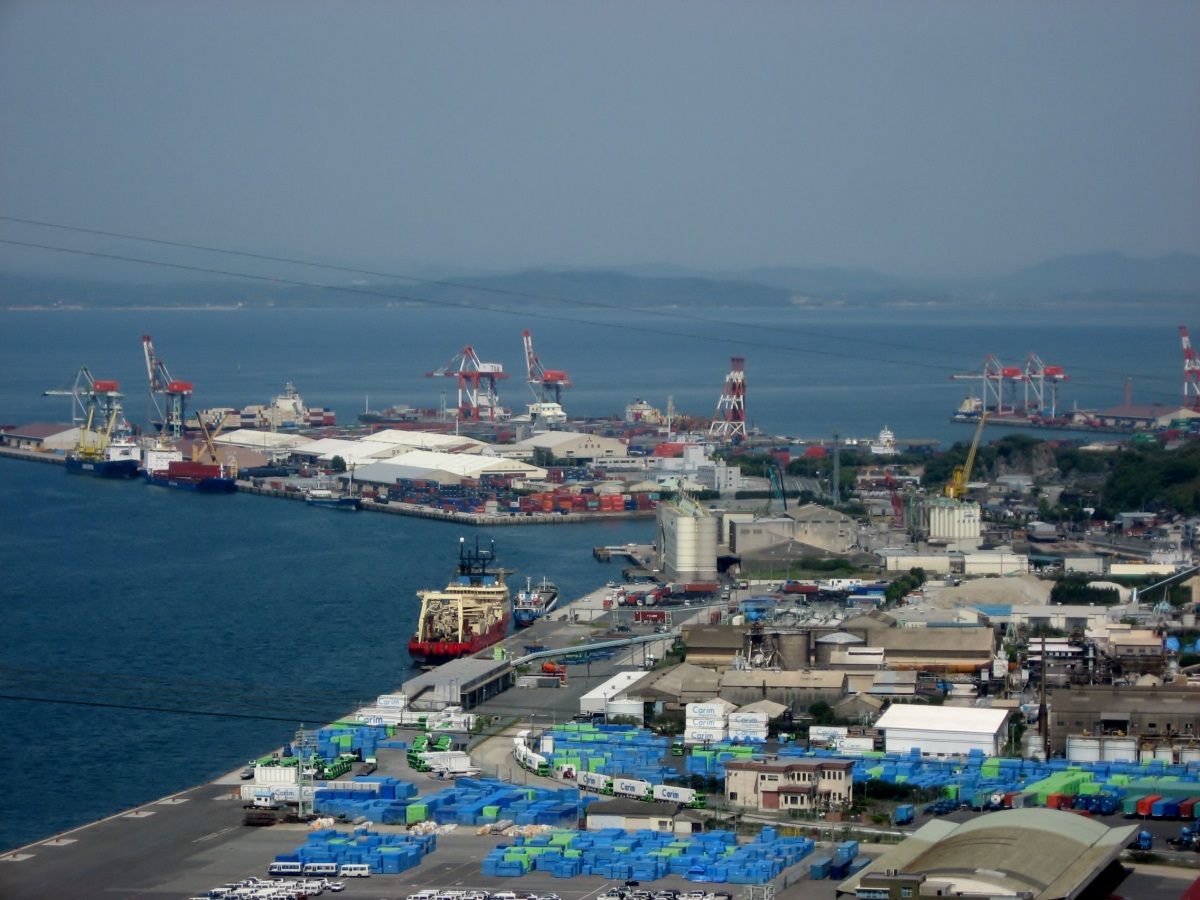
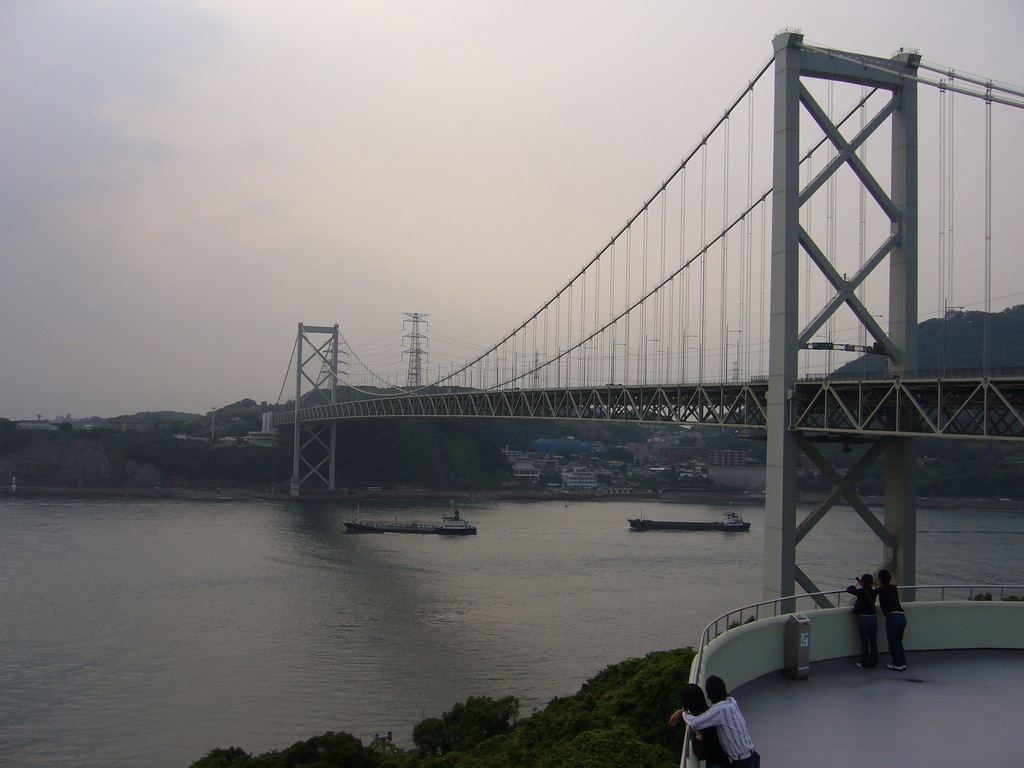
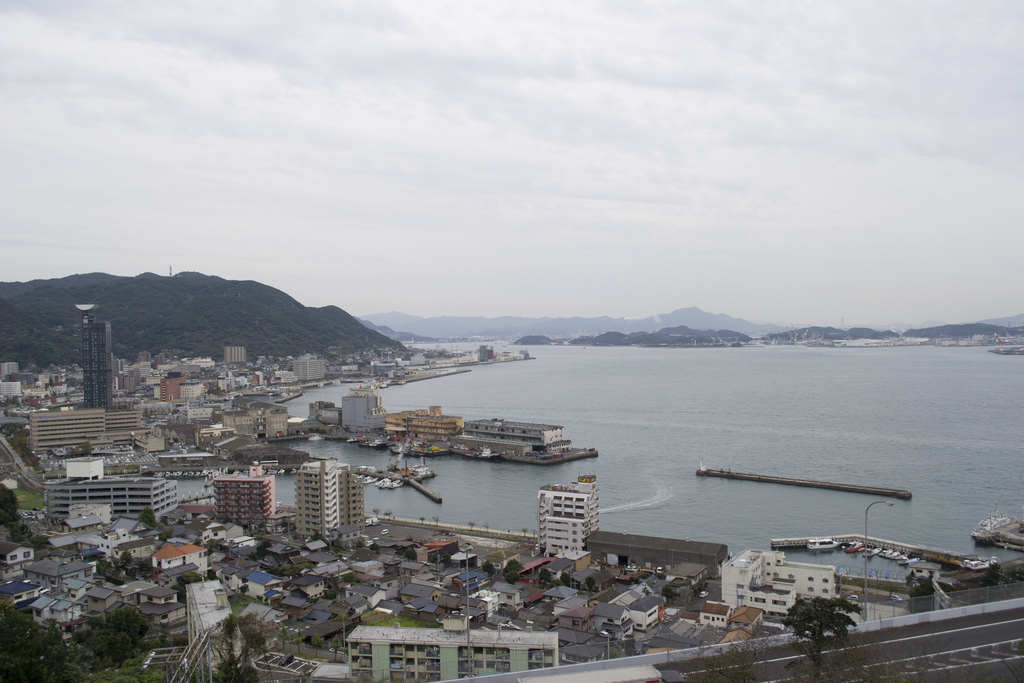
Kitakyushu, an international, industrial and trade city with a population of one million, was established in February 1963 by the equal-basis amalgamation of five cities: Moji, Kokura, Wakamatsu, Yahata and Tobata.
In around 1600, the Kitakyushu Area was spotlighted for the first time in history. Kokura Castle was constructed during that time and the area subsequently prospered as a castle town becoming the center of governmental and commercial activities in Kyushu.
The Meiji government, formed in the latter half of the 19th century, noted the geographic advantages of the Kitakyushu area which had prospered as a key junction of marine and land traffic since olden times. In addition to the development of commerce, railroad lines and port facilities were rapidly constructed in the area; the City has since developed as one of the most important distribution bases in Japan.
Moreover, regarding the industrial aspect, Kitakyushu comprises one of the four largest industrial zones as an industrial base contributing to the manufacturing abilities of Japan, through the aggregation of such material industries as the steel, chemical, metal and ceramic industries, which began when the government-managed Yahata Steelworks, the largest steelworks in Asia, which was founded in 1901. Today, automobile-related industries are being established in this city one after another.
In addition, along with changes in the industrial structure in recent years, high-technology industries including industrial robots, IC-related products and biotechnologies are being generated in this area while some new regional movements are under way toward the advancement and diversification of regional industries such as joint research through cooperation of business, academic and governmental circles and development of new products by an interprofessional group.
http://www.city.kitakyushu.lg.jp/english/file_0059.html
http://en.wikipedia.org/wiki/Kitakyushu
http://www.flickr.com/photos/7591050@N06/tags/mojiport/
http://www.flickr.com/photos/hmsk/tags/kitakyushu/
http://www.flickr.com/photos/20013727@N02/tags/kitakyushu/
http://www.kk-j.org/distribution.html
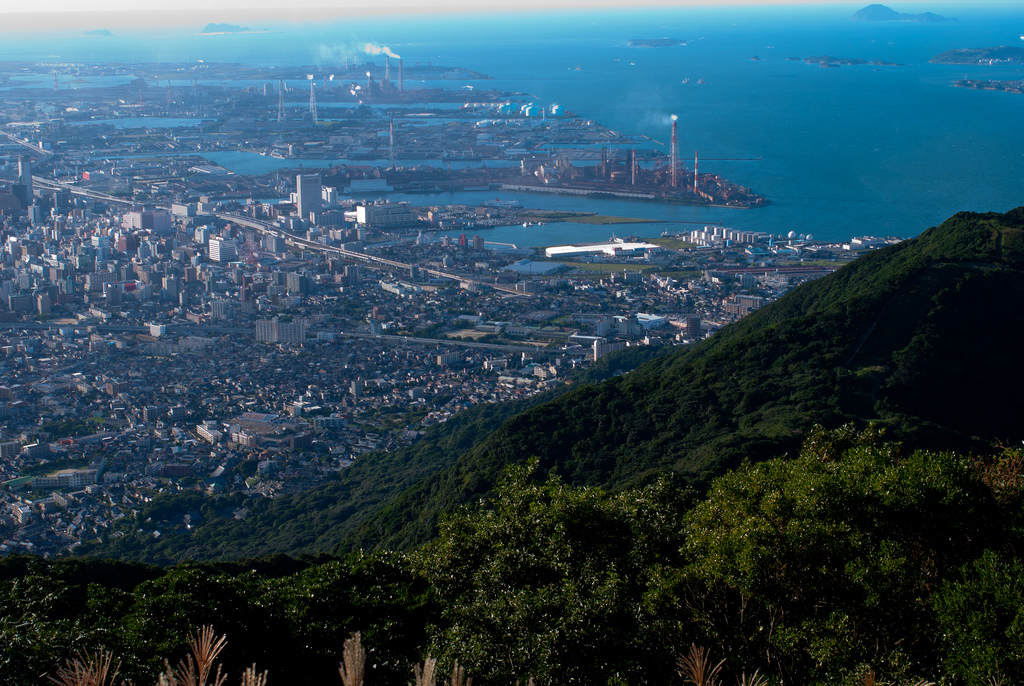
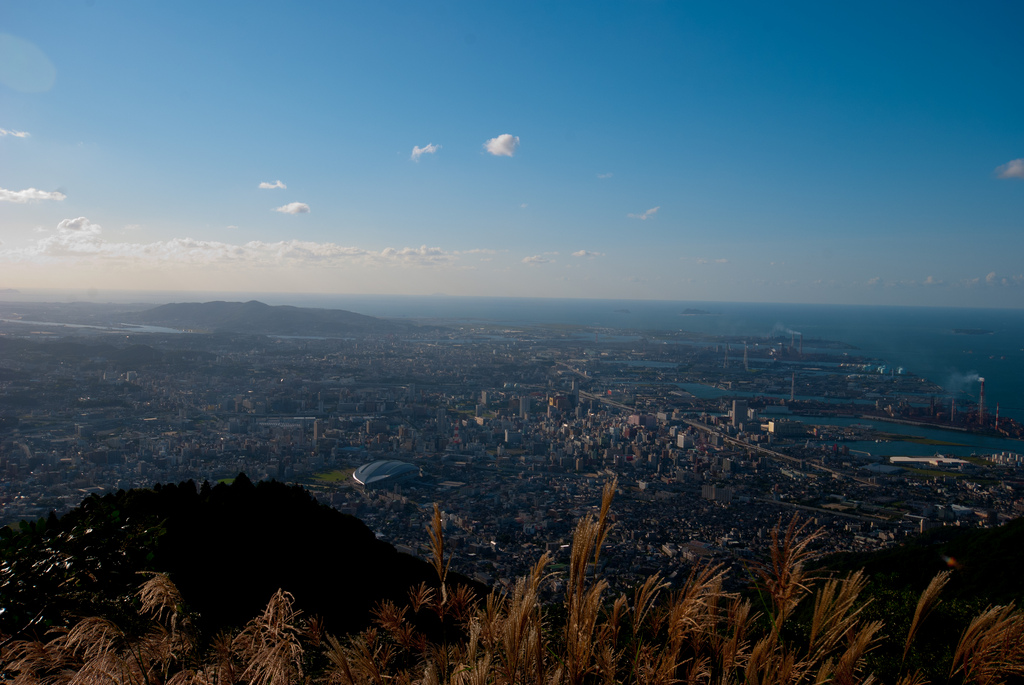
Vídeo:
Web recomendada: http://www.kitaqport.or.jp/
Contador: 5931
Inserción: 2013-08-08 14:39:33
Lugares a visitar en un radio de 100 km (en línea recta)
Mapa de los lugares a 100 km (en línea recta)
Mostrando Registros desde el 1 hasta el 0 de un total de 0
Visitas |
Más visitados Basílica de San Marcos 154991 Catedral de Notre Dame (París) 144298 Torre de Pisa 131642 Monte Saint-Michel 100736 Presa de las Tres Gargantas 81596 |
Incorporaciones |
Comentarios hazola Cúpula de la Roca gracias me... gera Buenos Aires las mejores fotos de la mejor ciudad del... Daniel M. - BRASIL San Francisco ... PEQUE Presa Chicoasén SERA QUE ALGUIEN ME PUEDE DAR MAS INFORMACIÓN DE ESTE PROYECTO ESTUDIO EN LA UNACH Y ES PARA UN... Mery Huaca Pucllana Muy interesante, muy buena la información y... |
 Tweet
Tweet


